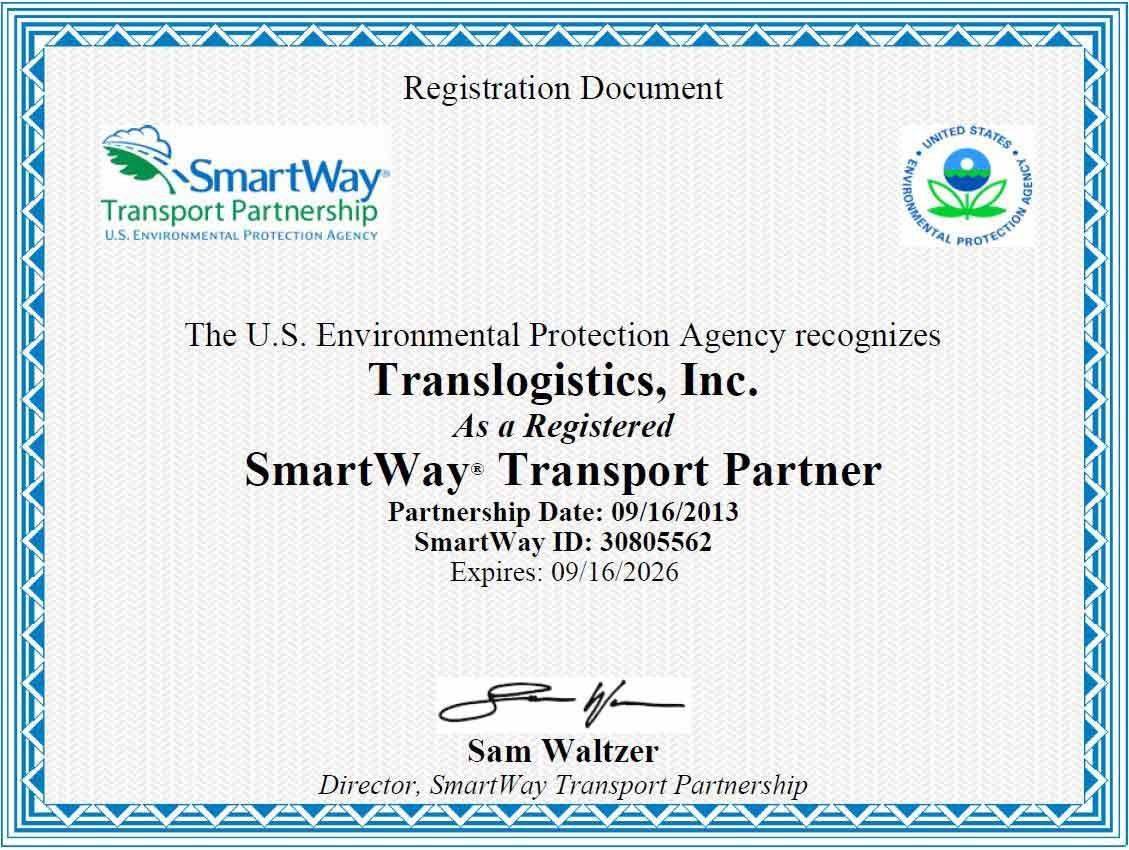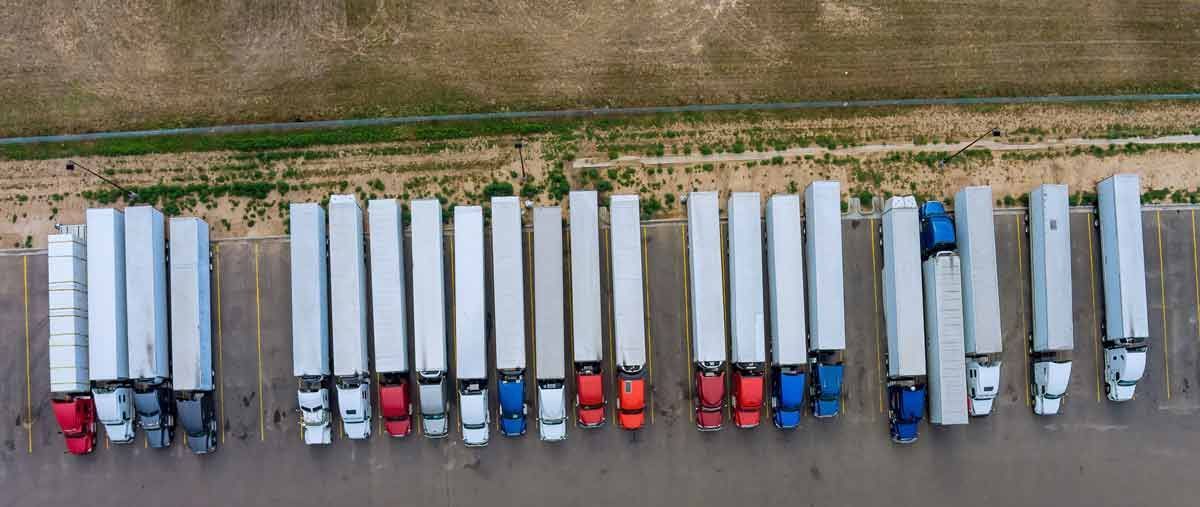Regional vs National LTL Carrier Networks: Understanding the Differences and Choosing the Right Option for Your Business
Regional vs National LTL Carriers
In the world of LTL freight transportation, there are different options to choose from depending on the size of the shipment and the destination.
One of the most popular choices is LTL or less than truckload freight. This type of shipping is ideal for businesses that need to transport goods that don't require a full truckload. There are two main types of LTL networks: regional and national.
In this article, we will explore the difference between the two and help you decide which one is the best fit for your business.
What is LTL freight?
Before we dive into the difference between regional and national LTL networks, let's first define what LTL freight is. LTL stands for less than truckload and refers to shipments that don't require a full truck. Instead, the shipment is combined with other smaller shipments to create a full load. LTL freight is commonly used by businesses that don't have enough goods to fill an entire truck or want to save money by sharing the cost of transportation with other companies.
What is a standard LTL shipment?
A standard LTL shipment usually weighs between 150 and 15,000 pounds and takes up less than 24 linear feet of trailer space. These shipments are too big for parcel carriers but not big enough to require a full truckload. With LTL freight, you only pay for the space your shipment takes up, making it a cost-effective option for small and medium-sized businesses.
LTL Freight Shipment
When shipping LTL freight, you need to work with an LTL carrier. These carriers specialize in combining multiple shipments into one load and transporting them to their destination. They have the expertise and equipment necessary to handle LTL shipments safely and efficiently.
What is an LTL carrier?
An LTL carrier is a Transportation company that specializes in handling LTL freight. These carriers have a network of terminals and trucks that allow them to pick up and deliver LTL shipments quickly and efficiently. They offer a range of services, including lift-gate delivery, inside delivery, and residential delivery.
LTL Networks
Now that we've defined what LTL freight is and what an LTL carrier is, let's dive into the difference between regional and national LTL networks.
Regional LTL Network
A regional LTL network is a carrier that specializes in serving a specific geographic area. These carriers have a network of terminals within a specific region, which allows them to provide faster transit times and more personalized service. They're ideal for businesses that have a high volume of shipments within a specific geographic area. Regional LTL carriers typically have a lower minimum charge and a lower price per
hundredweight than national carriers. They also tend to have a more extensive network of terminals within their region, which allows them to offer faster transit times and more personalized service.
National LTL Network
A national LTL network is a carrier that operates on a national scale. These carriers have a network of terminals throughout the country, which allows them to serve a wide range of locations. They're ideal for businesses that need to ship to multiple locations across the country.
National LTL carriers typically have a higher minimum charge and a higher price per hundredweight than regional carriers. However, they offer a wider range of services, including guaranteed delivery,
expedited shipping, and temperature-controlled shipping.
Which One is Right for Your Business?
The decision between a regional and national LTL carrier ultimately
comes down to your business needs. If you primarily ship within a specific geographic area, a regional carrier may be the best fit for you. They offer faster transit times and more personalized service. On the other hand, if you need to ship to multiple locations across the country, a national carrier may be the better choice. They offer a wider range of services and have a more extensive network of terminals.
In conclusion, LTL freight is a cost-effective shipping option for small and medium-sized businesses that need to transport goods that don't require a full truckload. When deciding between a regional or national LTL carrier, it's important to consider your business needs and shipping volume. A regional carrier may offer faster transit times and more personalized service, while a national carrier may provide a wider range of services and a more extensive network of terminals. Regardless of which option you choose, working with an LTL carrier can help streamline your shipping process and save you money. With TLI's Managed Transportation Services we often pair shippers with both regional & national LTL carrier solutions.
TLI Insights
Get the latest logistics insights and tips from TLI's award-winning team. Stay ahead in transportation planning.
Questions? Email us at marketing@shiptli.com



